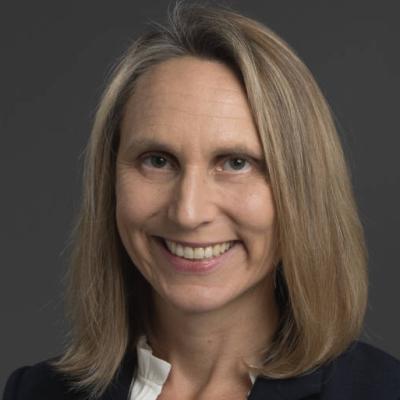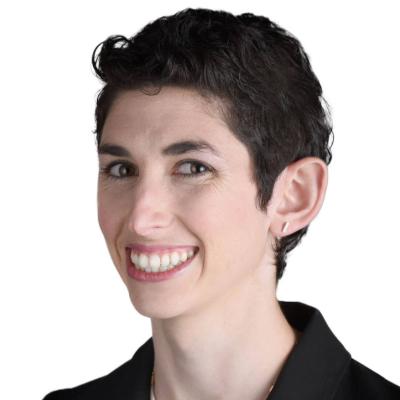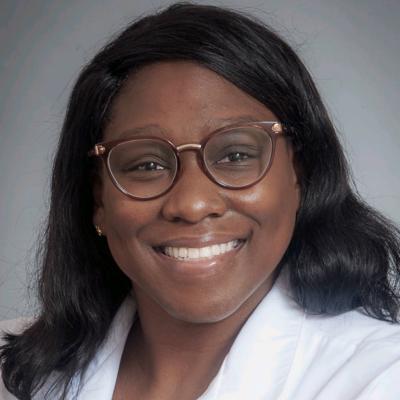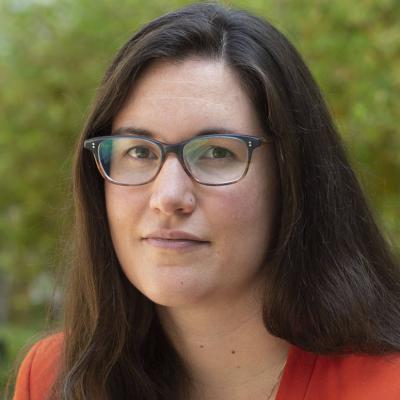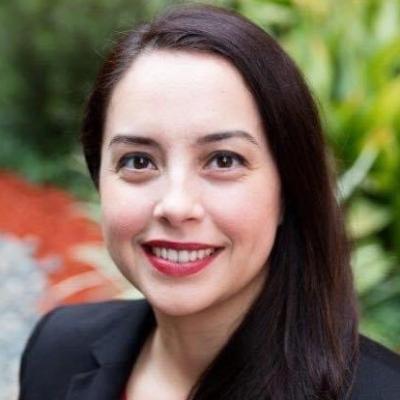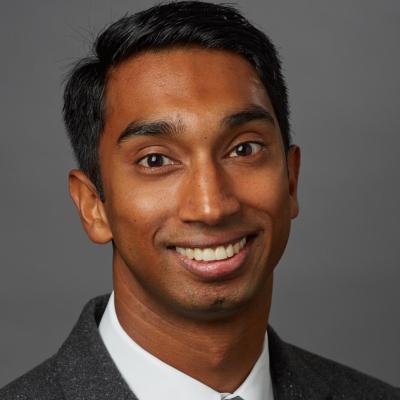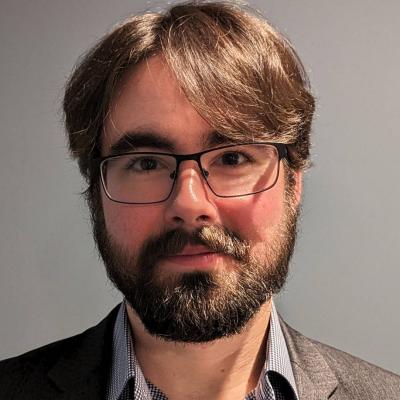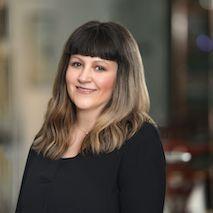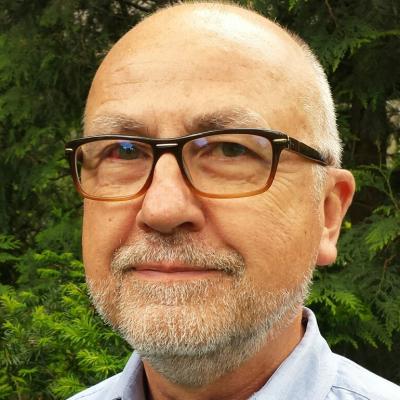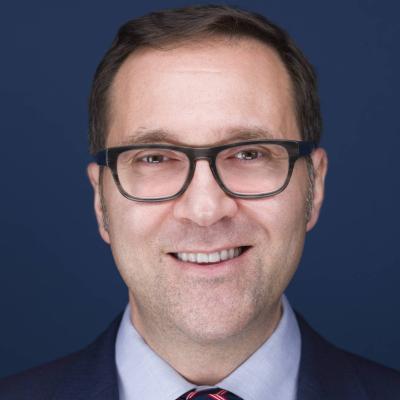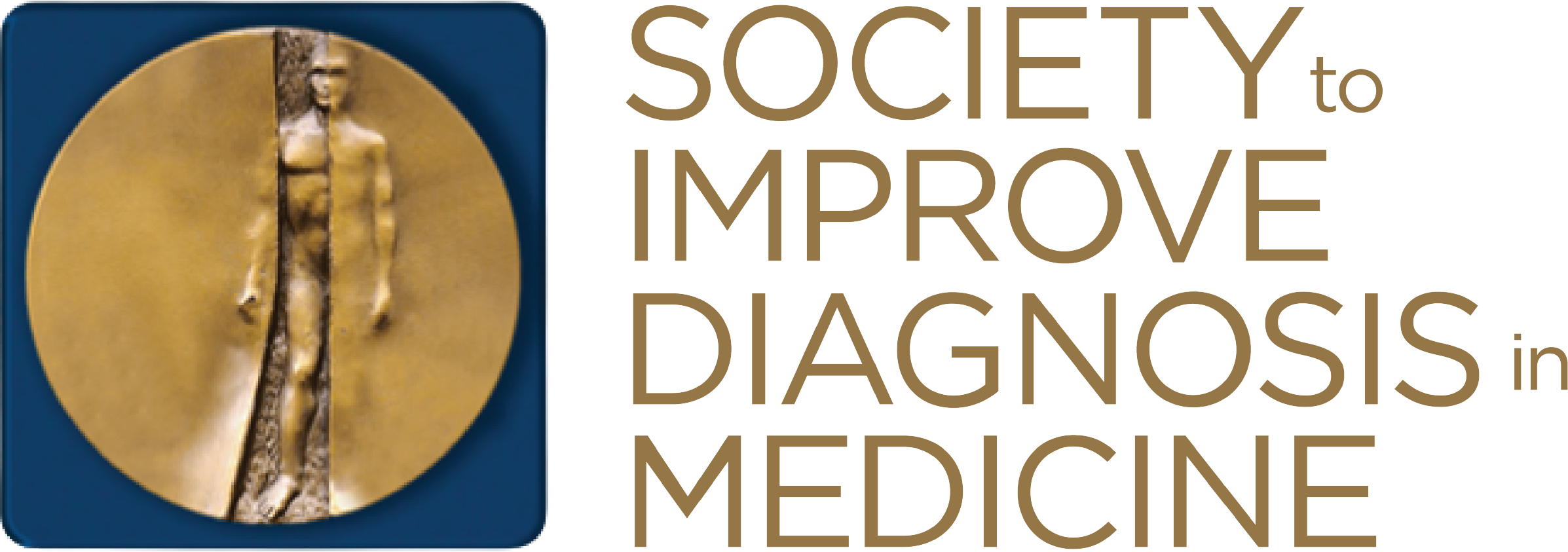Oral Sessions 2: Essential Partners in Diagnosis – Patients and Learners
- x
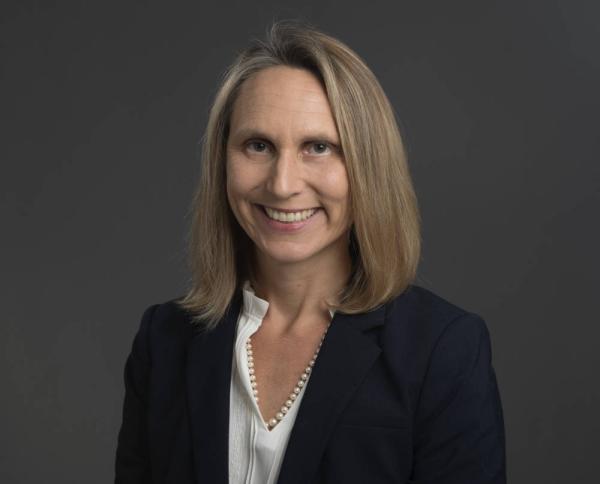
Margaret Bavis, DNP, APRN, FNP-BC
Assistant ProfessorRush University College of Nursing
Chicago, ILMargaret Perlia Bavis, DNP, APRN, FNP-BC is a Family Nurse Practitioner and Assistant Professor in the Family Nurse Practitioner (FNP) program at Rush University College of Nursing. Dr. Bavis currently maintains a clinical practice and directs a NP clinical training program at CommunityHealth, Chicago, the nation’s largest volunteer-based free clinic. In addition, Dr. Bavis coordinates the FNP simulation program focusing on students’ clinical reasoning and clinical competence. Dr. Bavis’ interests include clinical teaching, diagnostic reasoning, simulation and providing care for under resourced populations.
- x
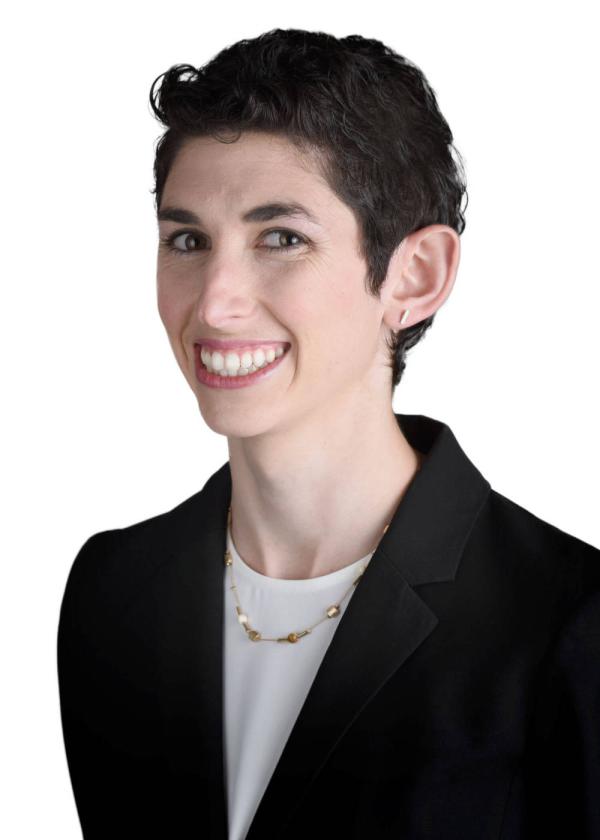
Keren Eyal, MD, MPH
ResidentChildren’s Hospital Colorado
Aurora, CODr. Keren Eyal is a third-year pediatric resident at the University of Colorado/Children's Hospital Colorado. She plans to pursue a fellowship in Pediatric Emergency Medicine. Her research interests include disparities in the Pediatric Emergency Department, especially disparities in pediatric traumatic injuries.
- x
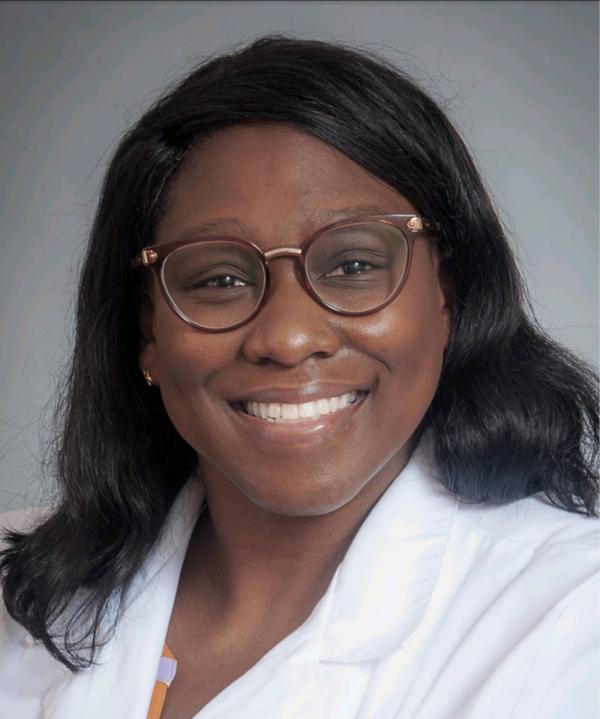
Maritza Harper, MD
Pediatric Hospital Medicine FellowUniversity of Pittsburgh Medical Center
Pittsburgh, PADr. Harper is an Internal Medicine and Pediatrics trained pediatric hospital medicine fellow passionate about clinical reasoning and graduate medical education. She attended Weill Cornell Medical College for her medical degree, completed her active-duty service with the United States Navy before returning to complete her Med-Peds residency training at Nemours Children's Health and Christianacare. She is currently pursuing her masters in medical education through the University of Pittsburgh.
- x

Alexandra Muise
Medical StudentUC San Diego
San Diego, CAAlexandra Muise is a PGY-1 in the Internal Medicine program at UC San Diego. She completed her undergraduate degree in Bioengineering and her medical degree at UC San Diego as well. Her research interests include clinical reasoning in medical education, and in her free time she likes to play board games and play with her 2 tuxedo cats.
- x
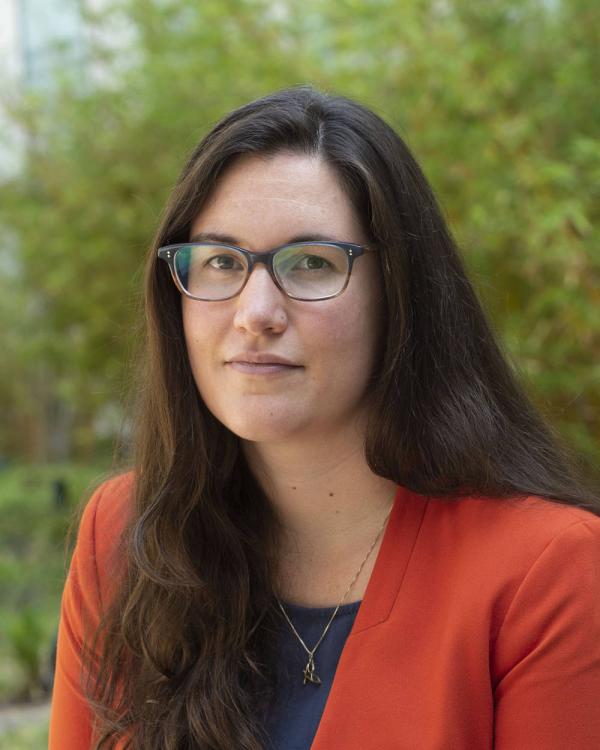
Claire O’Hanlon, PhD, MPP
Associate Policy ResearcherRAND Corporation
Santa Monica, CADr. Claire E. O'Hanlon is an associate policy researcher at the RAND Corporation. O’Hanlon is a health services and policy researcher experienced in applied quantitative, qualitative, and mixed methods. Her current work focuses on quality and outcome measurement in health care. Her work has been published in Health Affairs, Medical Care, Journal of General Internal Medicine, Implementation Science, and has been cited in the New York Times, Washington Post, The Hill, congressional testimony, and various health care trade publications and military news sources. O'Hanlon was previously a Health Science Specialist at the Veterans Affairs Greater Los Angeles Healthcare System, where she completed a postdoctoral fellowship in health services research. O’Hanlon holds a doctorate in Policy Analysis from the Pardee RAND Graduate School, a Master of Public Policy from the University of Chicago Harris School, and a B.S. in engineering from Harvey Mudd College. In 2018 she was named a Delivery Systems Science Fellow by AcademyHealth and a “40-for-40” outstanding early career research professional by the Association for Public Policy Analysis and Management.
- x
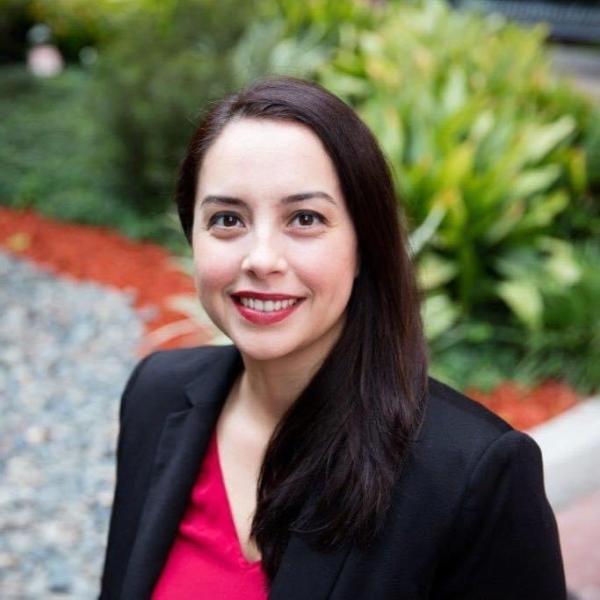
Laura Tuchman, MHA, CSSB
Consultant IIISouthern California Permanente Medical Group
Pasadena, CAEvery misdiagnosis carries the weight of missed opportunities, but for Laura Tuchman, it sparked a relentless pursuit to eradicate diagnostic errors and improve patient outcomes through cutting-edge strategies and groundbreaking research. Laura is a seasoned consultant dedicated to transforming healthcare through her role at the Southern California Permanente Medical Group, (SCPMG), Diagnostic Excellence Program. Laura combines her extensive experience in care experience with a passion for diagnostic excellence. Drawing inspiration from her own personal encounters with the healthcare system, Laura understands the profound impact that accurate and timely diagnoses has on an individual’s life. As a representative of the Southern California Permanente Medical Group (SCPMG) Diagnostic Excellence Program, Laura is thrilled to unveil a collection of impactful videos focused on inspiring patients to take an active role in their healthcare journeys. The SCPMG Diagnostic Excellence Program has curated these videos to provide invaluable insights, practical tips, and heartfelt stories that resonate with individuals seeking to be partners in their own well-being. These videos aim to foster a culture of empowerment, where patients are informed, engaged, and confident in making healthcare decisions. Laura looks forward to the transformative impact these videos will have, empowering patients to navigate their healthcare experiences with knowledge and agency.
- x
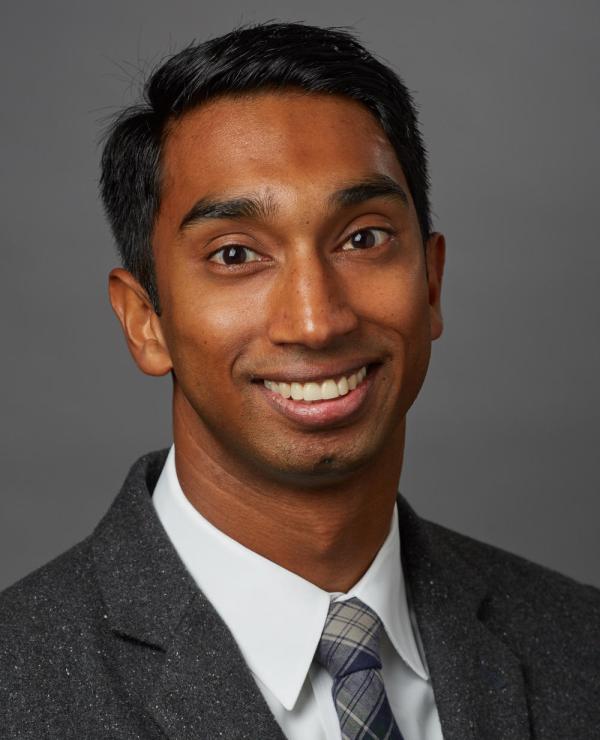
Thilan Wijesekera, MD, MHS
Assistant Professor, Program of Hospital MedicineYale School of Medicine
New Haven CTThilan Wijesekera, MD, MHS received his medical degree from the University of Rochester School of Medicine and Dentistry before completing his residency training in Yale University’s Primary Care Residency Program. He subsequently completed a General Internal Medicine Fellowship in Medical Education at Yale University School of Medicine, during which he received a Master of Health Science degree in the Medical Education Pathway. In 2018, he joined the Academic Hospitalist Program in the Yale Section of General Internal Medicine. He is active in medical education, particularly at Yale University School of Medicine, where he has roles as the Director(s) of Clinical Reasoning and Remediation. He also has a role in the Teaching and Learning Center as an Associate for Clinical Reasoning Educator Development, where he provides and collaborates on consultations, workshops, and scholarship related to teaching clinical reasoning. Dr. Wijesekera's educational interests include clinical skills, curriculum development, education and mentorship for medical students and residents. His research interests include clinical reasoning, diagnostic error, and interprofessional education with recent publications in Academic Medicine, Medical Teacher, and Journal of General Internal Medicine. He gives faculty development workshops regionally and nationally on teaching clinical reasoning and diagnostic error, on which he completed a fellowship with the Society to Improve Diagnosis in Medicine (2018).
Authors will present peer-reviewed abstracts of the latest innovations in diagnostic safety research, practice improvement, and education, and will answer questions from the audience.
Learning Objectives:
- Describe new and innovative research related to diagnostic safety;
- Discuss innovative practice improvement strategies for improving diagnosis in medicine;
- Identify high-quality medical education methodologies to improve clinical reasoning and reduce diagnostic error.
Oral Abstract Titles and Presenting Authors
- Teaching Diagnostic Reasoning: Creating a Novel Simulation-Based Formative Assessment – Margaret Bavis, Rush University College of Nursing
- Racial and Ethnic Disparities in Pediatric Emergency Department Diagnostic Errors – Keren Eyal, Children’s Hospital Colorado
- Sum It Up for Me: Synthesizing an Accurate and Comprehensive Summary Statement – Maritza Harper, University of Pittsburgh Medical Center
- A Needs Assessment of Medical Student Clinical Reasoning Education Background – Alexandra Muise, UC San Diego
- Patient-Reported Outcome Measure for Assessing Timeliness of Cancer Diagnosis – Claire O’Hanlon, RAND Corporation
- Patient Appointment Preparation Videos to Support Diagnostic Excellence – Laura Tuchman, Southern California Permanente Group
Recognizing Excellence in Diagnosis: Recommended Practices for Hospitals
- x
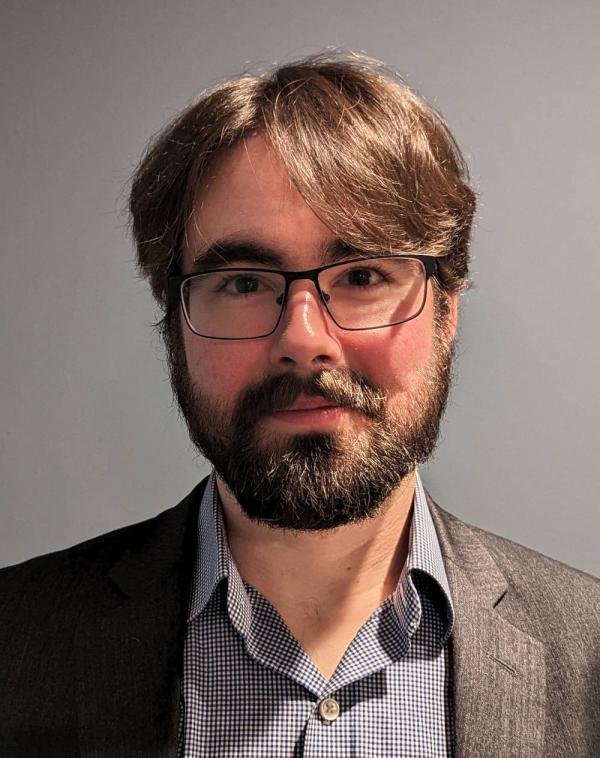
Jean-Luc Tilly
Program Manager in Health Care RatingsThe Leapfrog Group
Washington, DCJean-Luc Tilly joined The Leapfrog Group in 2020 and works directly with experts and stakeholders to identify new opportunities for measurement and coordinates activities of Leapfrog’s public reporting and rating programs. At Leapfrog, Jean-Luc co-leads the Recognizing Excellence in Diagnosis program funded by the Gordon and Betty Moore Foundation. The program recommends practices hospitals can adopt to improve diagnostic quality and safety, eventually leading to a publicly reporting dataset on hospital performance in diagnostic safety and quality to engage consumers and purchasers and foster meaningful accountability for hospitals. Jean-Luc currently co-leads the Patient Expert Panel, identifying new measurement opportunities in hospital billing practices and the informed consent process. He also provides technical assistance to hospitals and health systems around the country working to implement Leapfrog’s standards. Before joining Leapfrog, Jean-Luc served for over four years as a Senior Project Manager at the National Quality Forum, focusing on NQF’s project to improve diagnostic safety and quality, NQF’s Measure Applications Partnership with CMS to add new measures to federal reporting programs, and NQF’s Measure Selection Tool (MSeT). Earlier, Jean-Luc worked on the 2014 edition of AARP’s Long-Term Services and Supports Scorecard, and with the Center to Champion Nursing in America. He earned his Master’s in Public Administration from George Washington University in 2019.
- x

Mark Graber, MD, FACP
FounderSociety to Improve Diagnosis in MedicineDr. Graber is Professor Emeritus at Stony Brook University. He has an extensive background in biomedical and health services research, with over 150 peer-reviewed publications. He originated Patient Safety Awareness Week in 2002, an event now recognized internationally. He is the 2014 recipient of the John M Eisenberg Award for Patient Safety and Quality, awarded by The Joint Commission and the National Quality Forum, the nation's top honor in the field of patient safety. Dr. Graber has been a pioneer in efforts to address diagnostic errors in medicine, and his academic work in this area has been supported by the National Patient Safety Foundation, the Agency for Healthcare Research and Quality, and the Office of the National Coordinator for Health Information Technology. He convened and chaired the first Diagnostic Error in Medicine conference in 2008, and in 2011 he founded the Society to Improve Diagnosis in Medicine (SIDM), and served as President from 2011 through 2018.
- x

Alex Campione
Project AnalystThe Leapfrog Group
Washington, DCAlexandra Campione is a Program Analyst at the Leapfrog Group. She works closely with internal and external team members to ensure Leapfrog’s Hospital Safety Grade Program reflects the highest standards for measurement and public reporting. For Leapfrog’s Recognizing Excellence in Diagnosis initiative, Campione lead the data management and analysis of a Pilot Survey that assessed 95 hospitals’ familiarity and implementation of 29 key practices to reduce diagnostic errors. Her work at Leapfrog includes analyzing data from the CMS Hospital Inpatient Quality Reporting Program and the Leapfrog Hospital Survey, as well as providing technical expertise to hospitals. Campione holds a master’s degree in Public Health with a specialty in Epidemiology from the George Washington University and a bachelor’s degree in Biology and Medical Geography from the University of Florida.
- x

Matt Austin, PhD
ProfessorJohns Hopkins Armstrong Institute for Patient Safety and Quality
Baltimore, MDMatt Austin is an Associate Professor at the Johns Hopkins University School of Medicine and a principal faculty member at the Armstrong Institute for Patient Safety and Quality. His research focuses on performance measurement in health care. Matt's current research interests include understanding the role of transparency of quality and safety data in driving improvements in care delivery, measuring disparities in the quality of care, and measuring the diagnostic performance of hospitals. Matt currently provides strategic guidance to The Leapfrog Group on their measurement and public reporting activities.
With funding support from the Gordon and Betty Moore Foundation, SIDM and The Leapfrog Group have worked together to develop the Recognizing Excellence in Diagnosis: Recommended Practices Report. An extensive environmental scan identified improvement strategies that have been proposed or tested. A group of expert advisors then prioritize these interventions. The final report contains 29 practices that experts believe can substantially reduce the likelihood of diagnostic error. The session will give participants a chance to review the 29 practices, discuss barriers and facilitators to implementation, and the opportunity to learn what leading organizations are already doing in these domains.
Description of the practices and findings from a pilot survey of nearly 100 hospitals and health systems at varying stages of implementation of these recommended practices (50-minute presentation). Give participants an opportunity to share their views on barriers to implementation (15-minute moderated conversation with the full group). Workshop strategies with participants on how they can overcome potential barriers to implementing practices at their hospitals. Participants will iteratively update strategies (15-minute breakout session in groups, 10 minute facilitated report-out)
Learning Objectives:
- Describe the current quality gap regarding diagnosis in hospital settings.
- Understand how the Recognizing Excellence in Diagnosis Report can be used to identify key opportunities for improvement in their hospital and health system.
- Implement new strategies to advocate for quality improvement.
Identifying & Managing Uncertainty in the Diagnostic Process for Patients and Clinicians
- x
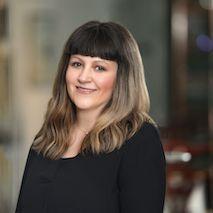
Traber Giardina, PhD
Assistant ProfessorBaylor College of Medicine and Houston VA
Houston, TXDr. Giardina is a patient safety researcher and assistant professor at Baylor College of Medicine and the Center for Innovations in Quality, Effectiveness and Safety at the Michael E. DeBakey VA Medical Center. Dr. Giardina’s work focus on patients’ experiences of diagnostic error and exploring methods to leverage health IT to improve patient engagement in safety.
- x
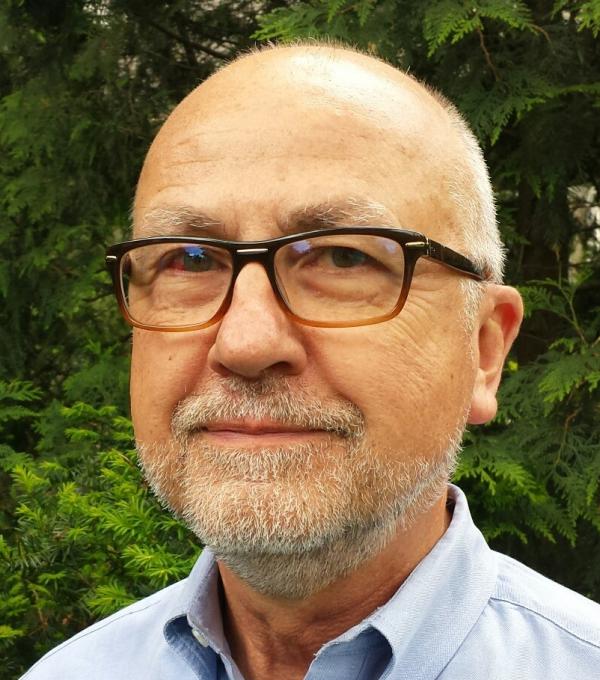
Dan Berg
Patient AdvocateMinneapolis, MNtired in 2016 from The Minneapolis Foundation, where he worked with charitable Minnesota families for nearly twenty years. Following the death of his daughter, Julia Berg, as a consequence of diagnostic error, he has published articles and commentaries about the culture of medicine and medical systems from the patient/family perspective. With his wife, Welcome Jerde, he has participated in numerous forums on the topic of patient safety through the University of Minnesota Medical School, the Minnesota Alliance for Patient Safety, and the American Association of Medical Colleges. He has participated in several projects and conference planning committees for the Society to Improve Diagnosis in Medicine (SIDM). He serves as chair of the Patient Engagement Advisory Committee of SIDM, and in 2022 received its first annual Patient Engagement Award.
- x
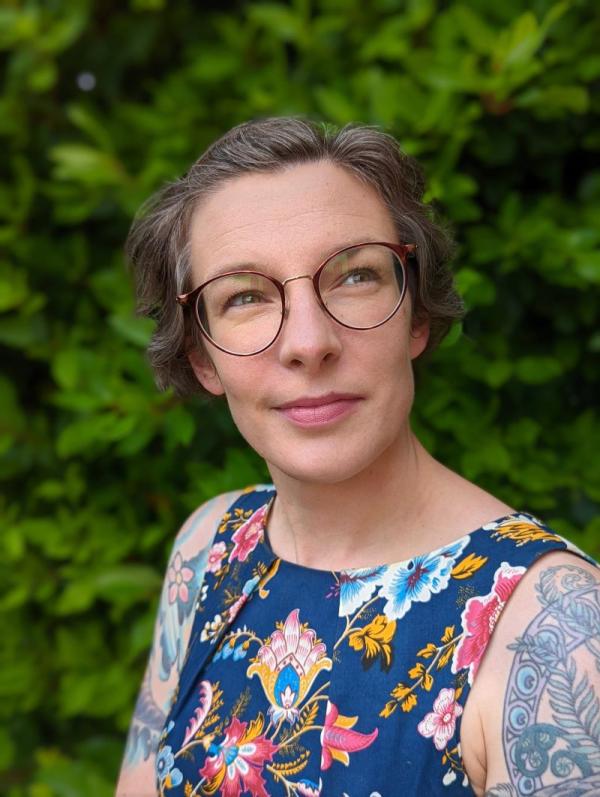
Mary Dahm, PhD, MA
ARC DECRA Fellow
Senior Research Fellow
Institute for Communication in Health Care
Australian National University
Canberra, AustraliaDr. Maria R. Dahm is a Senior Research Fellow at the Institute for Communication in Health Care (ICH) at the Australian National University. She is a leader in the field of in diagnostic communication with a particular focus on diagnostic uncertainty. Dr Dahm holds a prestigious 2022 Discovery Early Career Researcher Award Fellowship from the Australian Research Council where her 3-year project addresses how communication can to improve diagnosis, and patient safety. Her research focuses on investigating the impact of health communication on diagnostic excellence and quality and safety of care, and improving consumer engagement in health communication research.
- x
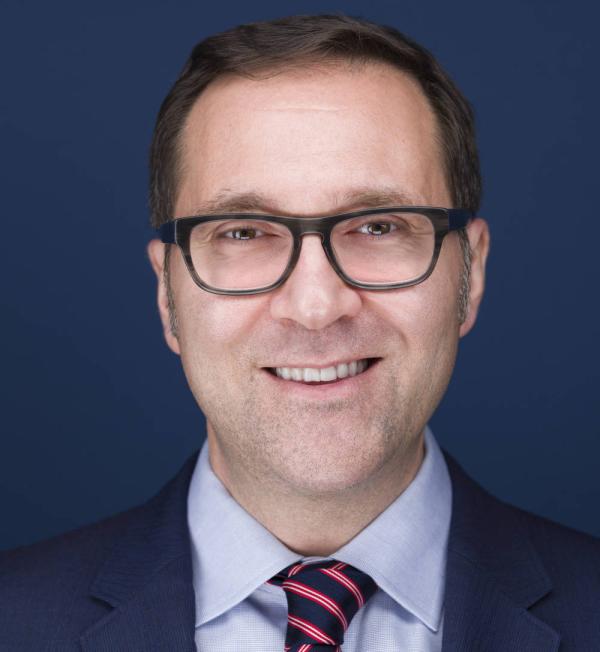
Dimitri Papanagnou, MD, MPH, EdD(c)
,Professor and Vice Chair for Education
Department of Emergency MedicineThomas Jefferson University
Philadelphia, PA,Associate Dean for Faculty Development
Health Systems Science Thread Director, JeffMD
Director, Scholarly Inquiry Track in Medical EducationSidney Kimmel Medical College at Thomas Jefferson University
Philadelphia, PAAssociate Provost for Faculty Development, Health Professions Education & ScholarshipThomas Jefferson University, Center City Campus
Philadelphia, PADimitrios (Dimitri) Papanagnou is Professor of Emergency Medicine and Vice Chair for Education in the Department of Emergency Medicine (EM) at the Sidney Kimmel Medical College (SKMC) of Thomas Jefferson University (Jefferson) in Philadelphia. He serves as Senior Associate Dean for Faculty Development at SKMC. He extends his commitment to faculty across the university as the Associate Provost for Faculty Development, with a specific emphasis on health professions education and scholarship. His work in faculty development centers around the creation of tailored programs designed to meet diverse and emerging needs across and beyond Jefferson’s campuses. Beyond these roles, he oversees the medical school’s Health Systems Science (HSS) curriculum, and designed and currently leads SKMC’s first-ever Scholarly Inquiry Track in Medical Education. As a 2020 Macy Faculty Scholar, he developed and implemented a vertically-aligned curriculum for uncertainty in clinical practice. His research interests lie at the intersection of HSS, uncertainty in clinical practice, diagnostic uncertainty, and medical education. In 2022, Dr. Papanagnou was named a Scholar of Diagnostic Excellence by the National Academy of Medicine and Council of Medical Specialty Societies.
Most stages of the diagnostic process involve uncertainty (1). While diagnostic uncertainty is pervasive and significantly contributes to diagnostic error, it is poorly understood and managed. Clinicians encounter different aspects of uncertainty at various stages in the diagnostic process, yet patients are often unaware of how inherently uncertain the diagnostic journey is. While mismanaged uncertainty can negatively impact patients’ experiences and health outcomes, communicating uncertainty effectively can enhance their experience and the co-production of a correct diagnosis. Evidence shows that combining patient-centered approaches with diagnostic reasoning strategies to communicate uncertainty can lead to better patient satisfaction (2). However, communicating diagnostic uncertainty to patients can be challenging for clinicians and training is limited. Workshop presenters will define and discuss uncertainty in the diagnostic process, including patient-clinician encounters. Attendees will identify issues around patient and clinician uncertainty and expectations, context, and the role of uncertainty in diagnostic equity. In small groups, attendees will discuss and compare management strategies for different aspects of uncertainty throughout the diagnostic process.
Learning Objectives:
- Define and discuss diagnostic uncertainty (for patients and clinicians);
- Identify experiences of uncertainty and map them to the diagnostic process;
- Discuss existing and potential solutions to manage diagnostic uncertainty.

